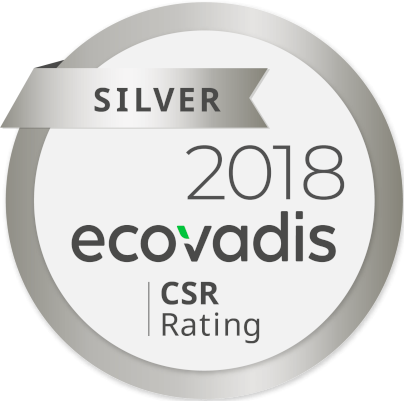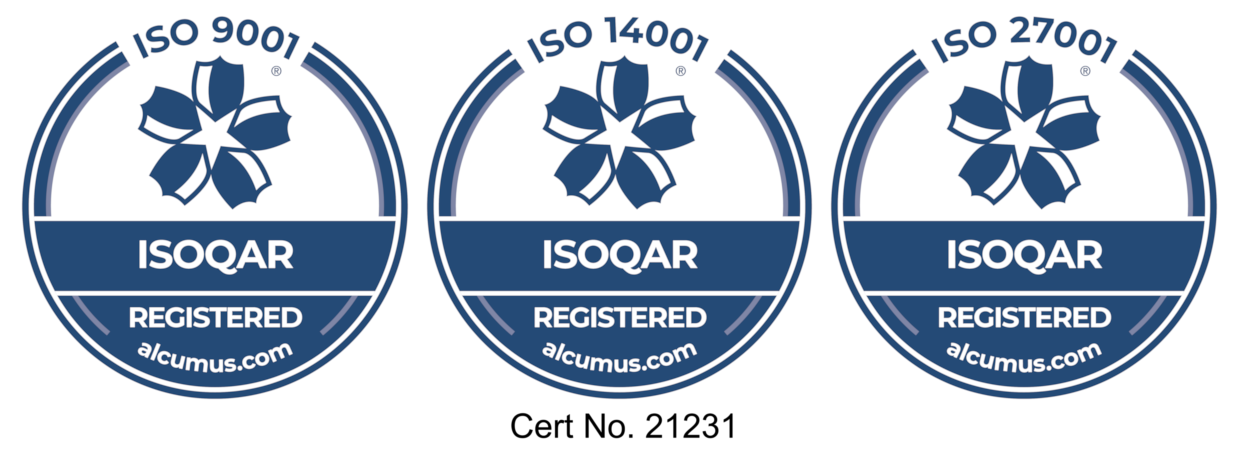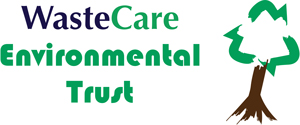In a paper published by the International Society for Industrial Ecology (ISIE), they present the Circular Economy from the perspective of a scientific field whose historic theories and findings inspired the concept – Industrial Ecology.
Industrial Ecology is ‘the study of systemic relationships between society, the economy, and the natural environment. It focuses on the use of technology to reduce environmental impacts and reconcile human development with environmental stewardship while recognising the importance of socioeconomic factors in achieving these goals’[1]
Industrial Ecology is a field which draws several comparisons from that of natural ecology to improve resource efficiency. Scientists of the field study how the current industrial system works, how it is regulated, and its interaction with world’s ecosystems. These relationships with our natural ecosystems are the key – as our industrial systems must be compatible with and not hinder the way they function. As a result, industrial ecologists seek ways in which to restructure our industrial systems to allow for this.
The ISIE’s report uses the theory of industrial ecology to breakdown how it can be applied to the concept of circular economy. In breaking it down into 10 key insights, the report looks to encourage policy-makers to use the field to develop and implement successful and sustainable approaches to a circular economy.[2]
Some of their key insights include:
Nature offers a model for industry
The circular economy needs to be inspired by the way natural eco systems close their material and energy loops – producing very little waste, and material matter decomposing or being recycled continuously. Society must achieve the concept of ‘Industrial Symbiosis.’
Societies metabolise like organisms
The idea that societies must take on the concept of socio-economic metabolism, to use labour, capital, and technology, to develop ways to transform energy and material sources into goods and services. Thereby reducing society’s wastes and emissions.
We cannot do without the environment
Our socio-economic systems are dependent on natural ecosystems – so we cannot surpass their limit to supply resources and absorb waste. We need to reduce pressures on the environment through circular use of resources.
Environmental impacts are inevitable
A fully circular economy is impossible – as some industrial systems are solely reliant on nature. Instead of always aiming for zero-impact, it’s about strategising to make trade-offs between environmental and social/economic benefits.
A life cycle perspective avoids burden shifting
We need to look at the inputs and outputs of materials and energy across the entire life cycle of a product, service or system – not shifting the burden between stages or categories. The ISIE use the example of an energy-efficient building project, which may require materials which are energy intensive to manufacture and require harmful chemicals. The energy savings as a result of the final building are therefore greatly offset by the manufacturing stages.
Early systemic intervention prevents waste
To reduce impact, we need to take a systemic approach to products to enable for greater environmental benefits when they reach their end of life. Design improvements to the initial products, and advancements in recycling technology, will allow for optimised disassembly and recycling at the end of the life cycle.
Whether you’re a large conglomerate or local SME – how you approach your material and energy sources across your entire infrastructure is critical to contributing to a circular economy – and one which policy-makers will draw inspiration from.
Managing waste streams efficiently will enable recycling, reuse, and regeneration, reflecting the energy loops of our natural ecosystems – whilst in turn protecting them, so we don’t surpass their limit to supply resources and absorb waste.
Read the ISIE’s full report here.
For more on the International Society for Industrial Ecology, click here.
We would also recommend taking a look through the report’s listed references for further reading.
About WasteCare Group
Established in 1980, the WasteCare Group is a specialist in recycling and waste management, based at 9 regional service centres and 8 recycling facilities throughout the UK. They collect and recycle over 200,000 tonnes of hazardous and difficult waste on behalf of over 20,000 organisations annually across the country.
WasteCare’s growth and success is due to their commitment to providing their clients with a first-class service combined with the highest environmental standards. As a private company, they are continually investing in innovative technology and sustainable growth. This has enabled them to combine a deep understanding of our clients’ requirements, with a uniquely flexible service that can be readily tailored to any organisational requirement, within an evolving market and ever-changing regulation.
The waste industry is highly regulated and complex, so WasteCare strive to set their standards higher than those mandated by legislation and embrace technology to improve service levels to their customers.
[1] What is industrial ecology? – International Society for Industrial Ecology – ISIE (is4ie.org)
[2] 10 Insights from Industrial Ecology for the Circular Economy – International Society for Industrial Ecology – ISIE (is4ie.org)





